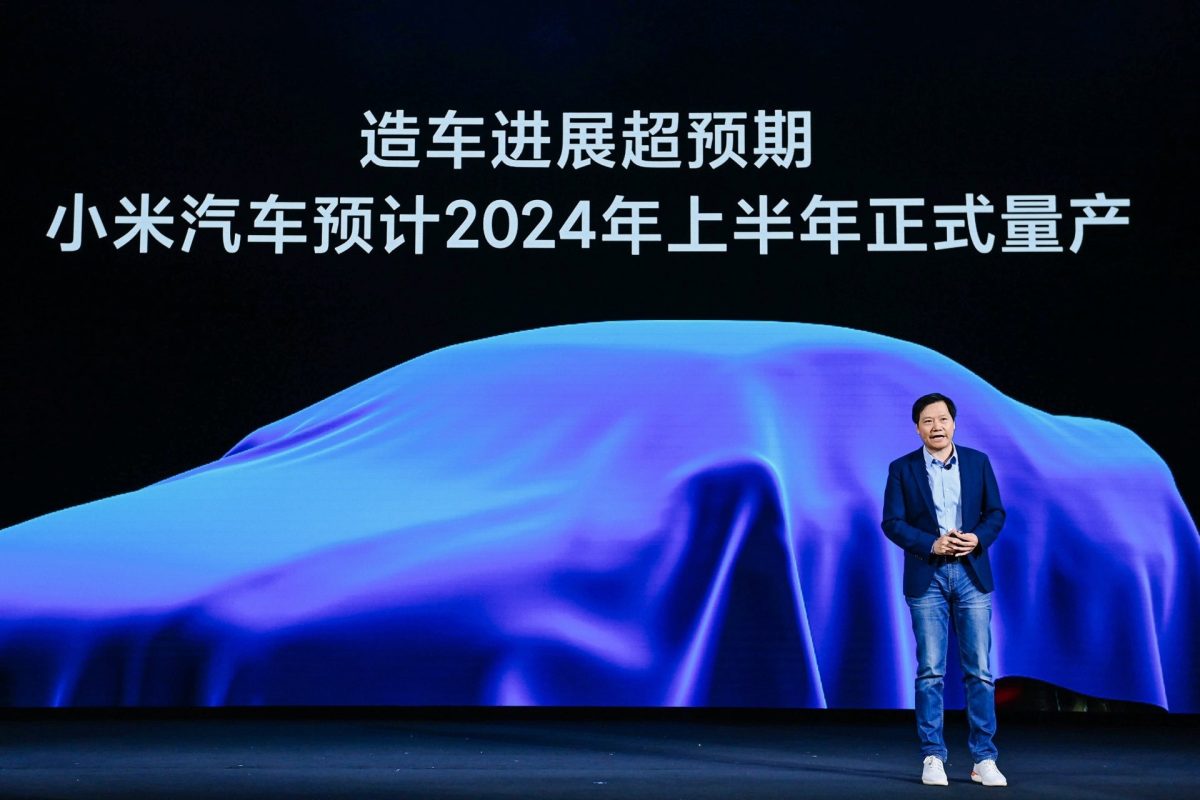Lei Jun, a member of the National People’s Congress and the founder, chairman, and CEO of Xiaomi declared during a meeting on March 5 that “Xiaomi will manufacture amazing automobile for consumers and never live up to everyone’s expectations. The winter test was recently completed, and we anticipate starting mass production in the first half of 2024.
Lei Jun devotes half of his time to Xiaomi’s automotive division, according to information provided by the company on its Investor Day. In 2022, Xiaomi invested more than 3 billion yuan ($433 million) in new ventures, including the automotive industry, and the team’s R&D personnel increased to over 2,300. Xiaomi is making good progress toward its scheduled production date with a comparatively significant R&D investment and a fast-growing team size.

Lei Jun stated, “We invested around 17 billion yuan in research and development last year, and we will invest at least 100 billion yuan in the following five years. Xiaomi has actively supported technical talent development and long-term rewards in recent years through a number of initiatives like the Young Engineer Program, Entrepreneur Program, and Million Dollar Award.
Lei Jun made three proposals on the eve of the start of the first session of the 14th National People’s Congress, mostly focusing on the production of robots and the car sector, advocating the support of industry chains, and addressing significant issues with bionic humanoid robots. He also advocated for the development and improvement of the whole automotive industry’s data security management system.
He claimed that in recent years, Xiaomi has invested heavily in self-developed processors, artificial intelligence, imaging, bionic humanoid robots, intelligent manufacturing, and other areas. According to him, the development of the bionic humanoid robot would be crucial for global scientific and technical competitiveness and social and economic development. It is a sophisticated dynamic system that is strongly tied to developing technology domains like automatic driving.

China has currently released various national guidelines for data security related to automobiles, but they do not yet fully cover the subject. Lei proposed accelerating the development of data security standards surrounding the car and data life cycles while constructing an automobile data-sharing mechanism in order to improve the data flow across automobile firms.
Lei also thought that a foundation for the growth of a diverse vehicle culture might be created by gradually easing limitations on auto modification and by establishing national standards for modified spare parts and the automotive aftermarket.
Also Read: https://thecitizenscoop.com/nothing-to-launch-its-nothing-ear-2-in-march-2023/




